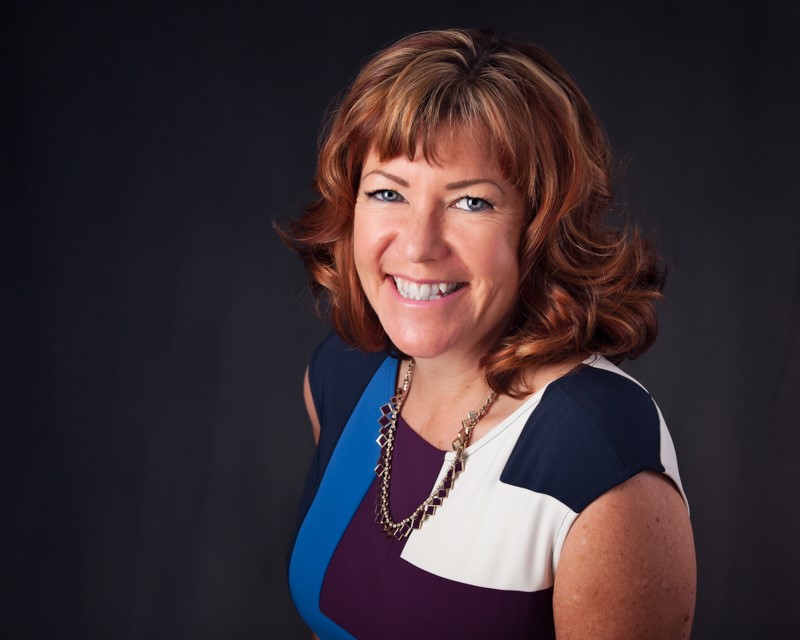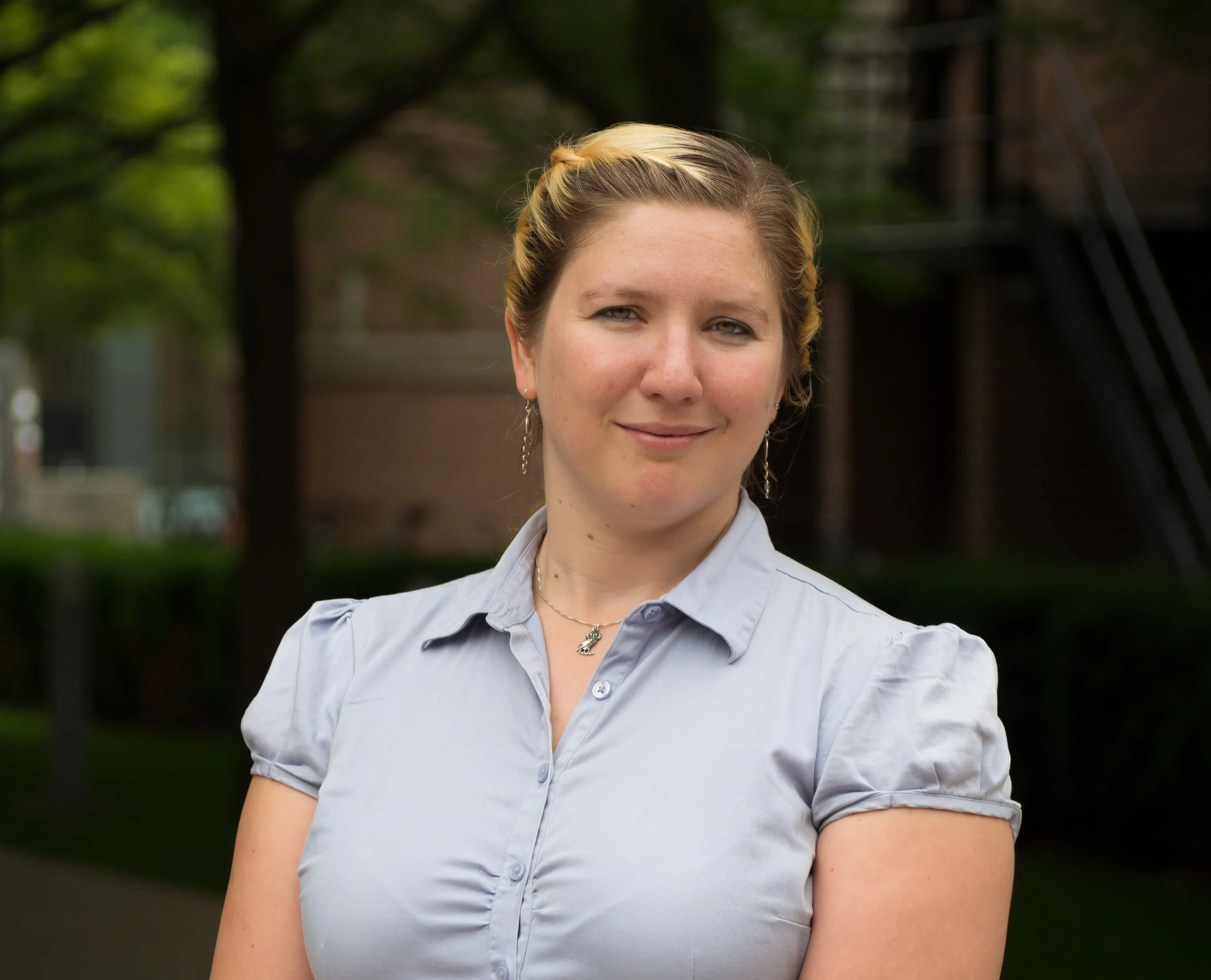Women in STEM: Barbara Robinson
/What made you want to participate in this panel discussion?
I was moved to participate in this panel because it is essential that we get more women in STEM fields. Women think differently than men so we have a great deal to add to the conversation. However, working in a STEM field is not for the faint of heart. There are many reasons why it is more challenging to be female. Indeed, many studies have shown that women who graduate engineering leave the profession within 5 to 7 years, citing lack of acceptance, opportunity, respect, etc. I’d like women considering STEM fields to be aware of this.
What are some things you do outside of work to help you develop personally and professionally?
Well, I am naturally a jock so keeping up with sports was easy for me, but almost essential in STEM fields. I took golf lessons early in my career and golf about as well as the average men in my field. I also play hockey (which I have done all my life) so organized company hockey clubs as well as client hockey challenges, which again helped me to be one of the “guys”. This won’t be as important for younger women, but a lot of work gets done on the golf course. Long-term, I have many friendships in my field, mostly with men (necessarily). I have intentionally reached out to other senior women for a support network, but in my cohort, we were very few. I do an awful lot of volunteering. I maintain a balanced life, which is important in any career.
What has been the biggest learning curve in your career?
As I progressed in my career, I realized that being a woman in charge of men was always going to be problematic for some men. When I reached the “pinnacle” of my career (City Engineer for Kitchener), it became obvious that being female was a real detriment to succeeding. Also, on numerous occasions I went to HR with concerns over how I was being treated. It never worked out well. Also, how to deflect male advances without making a scene. Hopefully, in this day and age, that is changing. Now that I run my own company, I don’t (much) have to deal with these things.
When you think about your journey thus far, what would you say was the one trait that helped you get you to where you are today?
One trait that has worked for me was that I am naturally assertive. However, a woman who is assertive is considered “bossy” or “bitchy” as opposed to a natural leader, as a man would be perceived. I was told as much by very senior management in one of my senior roles. Not being assertive will probably result in not getting those promotions, but it’s a two-edged sword. But, regardless of anything else, always be kind to everyone around you, from the cleaners to the admin staff. That is the true test of character.
What advice would you give to other women working in STEM?
Do it! Just be prepared, form a network of support, ask for help, work hard, and you’ll get there… Make sure you marry someone who believes in true equality (e.g. emotional energy of running a household and raising kids) 😊
Who do you look up to, and why?
Catherine Fife, MPP for Waterloo; my best friend (not in STEM) who is a beautiful soul, people who are actively involved in community, my sister-in-law.
Barbara A. Robinson, M.A.Sc., P.Eng., established Norton Engineering Inc. in 2015 following a successful 25-year private sector career and highlighted by two years as City Engineer for Kitchener. Norton initiated the ongoing “Addressing Unacceptable Inflow and Infiltration (I/I) in New Subdivisions”, which is currently gaining national attention; she has given dozens of presentations on the topic. She functions as senior QA/QC on Halton Region’s Downspout Disconnection projects and the Fort Erie Pollution Control Plan. She has provided ongoing wastewater engineering services for the Township of Woolwich since 2001. Norton was works regularly with the Institute for Catastrophic Loss Reduction (ICLR) to undertake various projects, including a long-term project to calculate the “Societal Costs of I/I” and “Engineering Data and Flood Risk”. Barbara is currently Chairwoman of the CSA committee to develop a new national Basement Flood Protection Guideline (expected to evolve into a Standard), which was just posted for public review. She sits on the WEAO Collections Systems Committee, ICLR Municipal Advisory Committee, and advises on the Durham Climate Resistance Standard for New Houses and the new BC Housing Standard. She also works for NRC and SCC.
Barbara works as a paid infrastructure columnist with CBC Radio, speaking on a wide range of infrastructure and engineering issues such as sewers, flooding, potholes & water towers. The column is regularly delivered on CBC Radio’s morning shows across Ontario.









